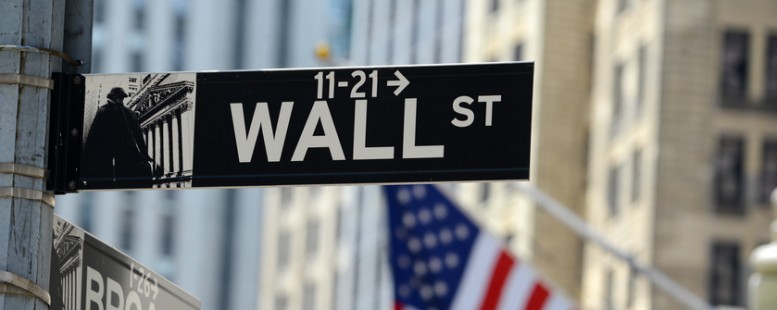Our Opinion: 2018
US interest rates move higher

Yesterday, the Fed raised its target interest rate band, in line with market expectations, from 1.75% to 2%.
Following its policy meeting, the Fed provided three main sources of information: the post-meeting statement, the Summary of Economic Projections, and Fed Chair Jay Powell’s news conference. The market carefully looks at every word in the statement, and this time around there were more changes than usual, including to the text that provides forward guidance to the markets. However, Powell confirmed that these changes were made because the Fed is further along the path toward normalizing policy. They do not represent a change in the Fed’s view.
In his press conference, Powell said that economic conditions are strong, and this is reflected in the Fed’s forecasts. Relative to the March projections, economic growth and inflation forecasts were bumped up slightly, and the unemployment rate forecast was lowered. The Fed now sees the unemployment rate falling to 3.5%, compared to the current rate of 3.8%. That is a full percentage point below their longer-run estimate of 4.5%, indicating very strong labour market conditions.
The stronger economic forecasts and Powell’s comments suggest that the Fed is very likely to continue gradually raising interest rates, probably by 0.25% each quarter, for several quarters. Against a backdrop of robust economic growth and rising corporate earnings, this should not prevent equity markets from moving higher.
Even under strong economic conditions, the Fed remains reluctant to raise rates more quickly, since this would increase the risk of triggering a recession. However, as Powell noted in his news conference, if inflation runs sustainably above the Fed’s 2% target, they would have to react.
In the US, Trump’s decisions on spending and trade matter at least as much as the Fed’s moves on interest rates. One reason the Fed is being so punchy is because all of Trump’s actions so far are inflationary. On the fiscal side, his tax cuts are inflationary. Trump may be many things, but you could never accuse him of being an advocate of austerity.
On the trade side, any extra barriers to trade will drive up costs. Voters probably won’t care though, because chances are their wages will go up too. And maybe even corporations won’t be as bothered as they might have been, because “overseas” is getting expensive these days too – finding pockets of the world where labour is cheap and politics is sufficiently stable to make it worth the risk of investing there is just not as easy as it once was. Which is good news, since it suggests that life is getting better for people generally.
14thJune 2018
